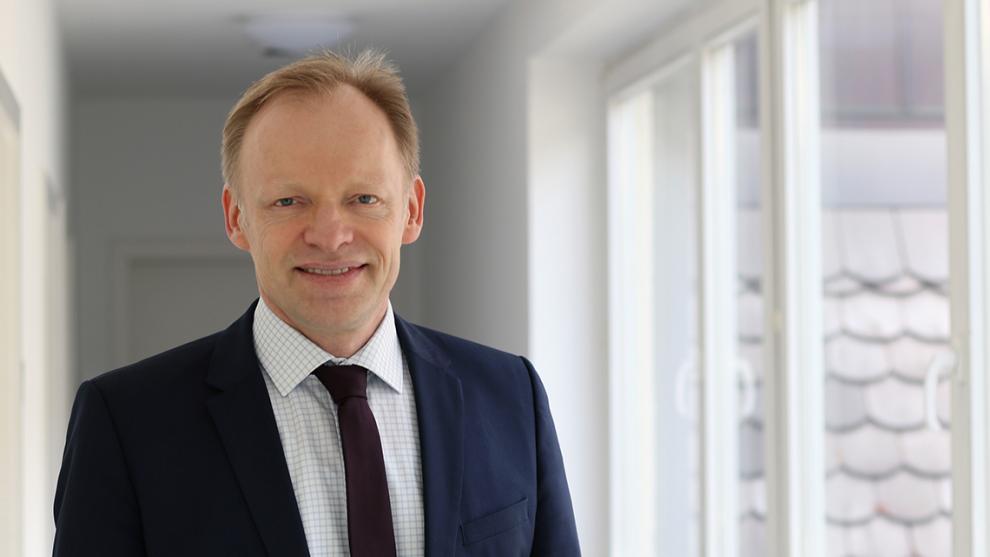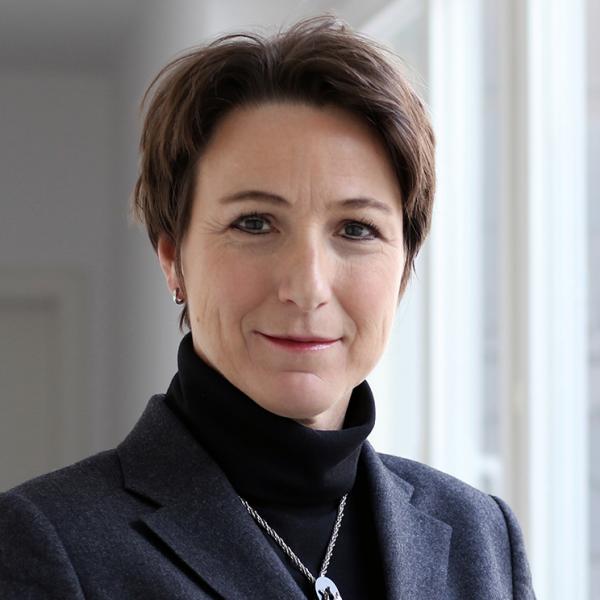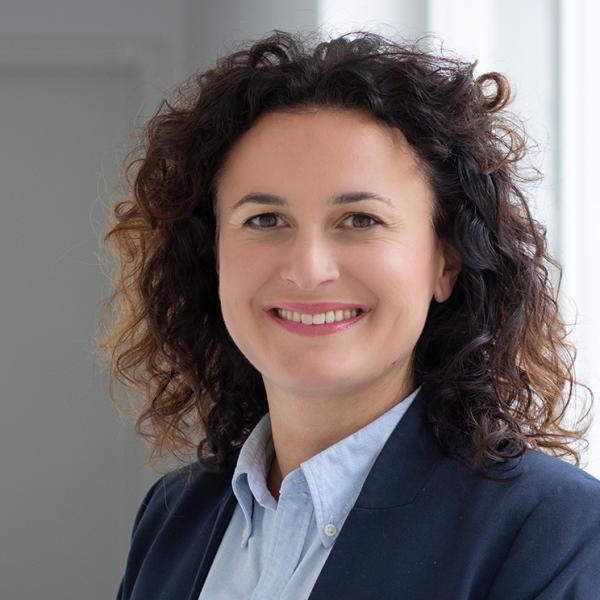ifo Media Center
The ifo Institute invites you to participate in the discussion of interesting economic topics via the Internet. In our ifo Media Center a whole series of remarkable events are available and can be viewed in full length. We also record selected speeches and presentations given by employees or at events and make them available in our Media Center.

Taxation and Mobility – International Institute of Public Finance Annual Congress in Glasgow
More than 400 international public finance economists will meet in Glasgow for the 75th Annual Congress of the International Institute of Public Finance (IIPF).
Italy’s Long Way into the Crisis
The current government crisis in Italy is raising concerns that the eurozone's third-largest economy could collapse. The fact that this development has a long history can be seen in the article by Giuseppe Bertola, University of Turin, in our current EEAG report.
ifo Researchers Receive Heinz König Young Scholar Award from ZEW
Felix Rösel, scientist at the ifo Institute’s Dresden Branch, and Christian Ochsner, CERGE-EI and formerly ifo Dresden, received the Heinz König Young Scholar Award from ZEW for their work in populism research.
iPEHD Raw Data: Merger File
Merge-county file (CSV, 130 KB)
iPEHD Raw Data: Miscellaneous
The codebooks in the codebooks section provide detailed information on the variables. Before accessing the data, please make sure to read the raw data and merging data sections.
iPEHD Raw Data: Religion
The codebooks in the codebooks section provide detailed information on the variables. Before accessing the data, please make sure to read the raw data and merging data sections.
iPEHD Raw Data: Population
The codebooks in the codebooks section provide detailed information on the variables. Before accessing the data, please make sure to read the raw data and merging data sections.
iPEHD Raw Data: Agriculture
The codebooks in the codebooks section provide detailed information on the variables. Before accessing the data, please make sure to read the raw data and merging data sections.
iPEHD Raw Data: Industry
The codebooks in the codebooks section provide detailed information on the variables. Before accessing the data, please make sure to read the raw data and merging data sections.
iPEHD Raw Data: Wages and Income Tax
The codebooks in the codebooks section provide detailed information on the variables. Before accessing the data, please make sure to read the raw data and merging data sections.
iPEHD Raw Data: Occupation
The codebooks in the codebooks section provide detailed information on the variables. Before accessing the data, please make sure to read the raw data and merging data sections.
iPEHD Raw Data: Education
The codebooks in the codebooks section provide detailed information on the variables. Before accessing the data, please make sure to read the raw data and merging data sections.
Welcome to iPEHD – the ifo Prussian Economic History Database
The ifo Prussian Economic History Database (iPEHD) is a county-level database covering a rich collection of variables for all counties of Prussia during the 19th century. The Royal Prussian Statistical Office collected these data in a number of censuses over the period 1816-1901, with much county-level information surviving in the archives. These data provide a unique treasure for unprecedented micro-regional empirical research in economic history, analyzing the importance of such factors as education, religion, fertility, and many others for the economic development of Prussia in the 19th century. The service of iPEHD is to provide the data in a digitized and structured way.
Human Resources Strategy for Researchers (HRS4R) - Euraxess
The ifo Institute supports the “European Charter for Researchers” adopted by the European Commission in 2005 and the associated “Code of Conduct for the Recruitment of Researchers” (“Charter and Code”), pursues the principles set out in the Charter and Code and submitted to the European Commission an internal analysis of the state of implementation of these principles and a plan of action based on the current status. As a result, the ifo Institute received the “HR Excellence in Research” Award from the EU Commission.
Page not found (server error 404)
The requested page cannot be found on our server.
Ludwig Erhard Returns to the ifo Institute
On the occasion of the 70th anniversary of the ifo Institute, VDMA Vice President Karl Haeusgen and ifo President Clemens Fuest unveiled a portrait of Ludwig Erhard, one of the founding fathers of the ifo Institute.
History of CESifo
What does it take to turn a disparate group of economics scholars paying a scholarly visit to Munich, then a backwater in economics, into one of the world’s foremost research networks in the field? Two things: vision, and Hans-Werner Sinn. Long Germany’s most influential economist, HWS built up the network to now more than 2,000 prominent members spread around five continents, created the highly successful CESifo Working Paper series, with now some 11,000 papers published, and turned Munich into a hotbed of economic research, with more than 800 economics events so far. And all of that in barely 25 years.
On our Silver Jubilee, we are proudly looking back and, under the steady hand of Clemens Fuest, HWS's hand-picked successor, also proudly looking ahead, to the next 25 years—and beyond.
Survey Participation
Companies that participate in ifo Institute surveys enjoy a number of benefits All participants, for example, receive an exclusive and detailed report on the survey results for their branch.




